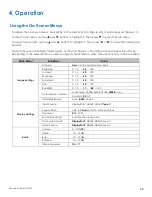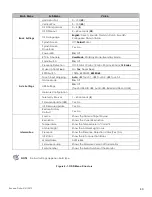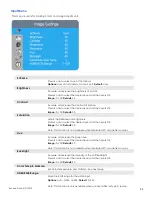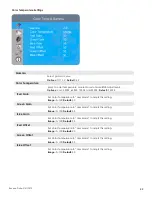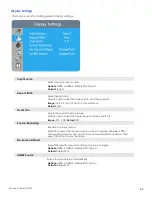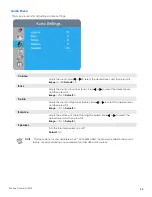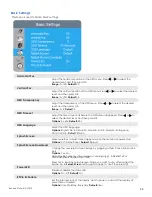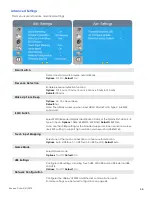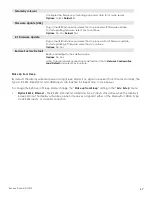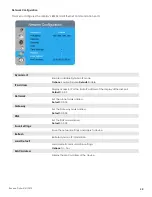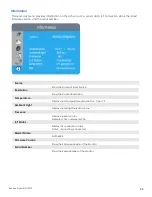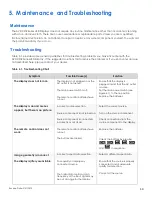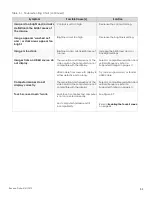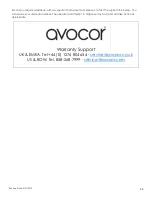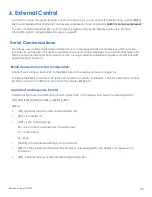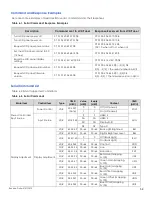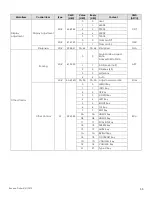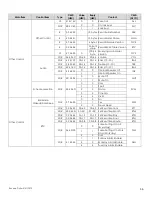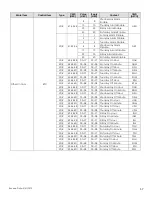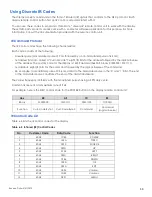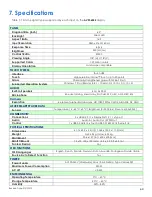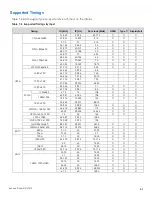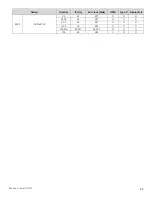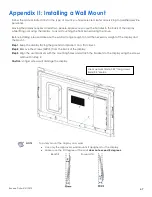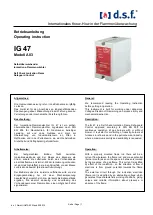
Revision Date: 5/31/2019
53
6. External Control
In addition to using the display keypad or remote control unit, you can control the display using a serial (RS232)
link to send Hexadecimal commands and receive responses to those commands.
(ASCII is not accepted/used)
You also use discrete infrared (IR) control codes to program a third-party remote control unit. For more
information, refer to Using Discrete IR Codes on page 59.
Serial Communications
The display uses a simple text-based control protocol to take requests from control devices and to provide
responses to such devices. This section describes how to send control messages over a serial link between the
display and an automation/control system or a PC running a terminal emulation program such as Windows®
HyperTerminal or Tera Term.
RS232 Connection and Port Configuration
Connect your control system or PC to the RS232 input of the display as shown in Figure 3-2.
Configure the RS232 controller or PC serial port as follows: no parity, 8 data bits, 1 stop bit and no flow control.
Set the baud rate to 115200, to match that of the display RS232 port.
Command and Response Format
Commands sent from an automation/control system or PC to the display must have the following format:
[STX] [IDT] [TYPE] [CMD] ([VALUE] or [REPLY]) [ETX]
Where:
[STX] indicates the start of the command data (07).
[IDT] is the display ID.
[TYPE] is the command type:
00 = return to host (response from the LCD panel)
01 = read / action
02 = write
[VALUE] is the parameter setting for the command.
[REPLY] is the parameter setting for the command, acknowledged by the display in its response to a
command.
[ETX] indicates the end of the command data (always 08).

